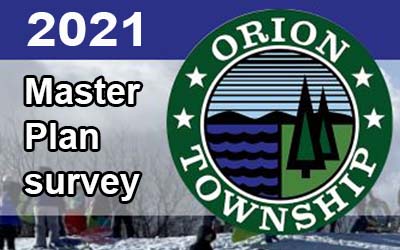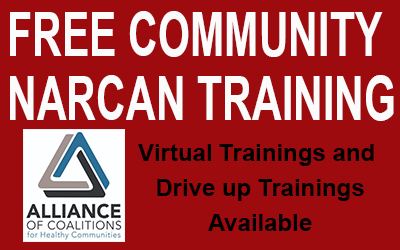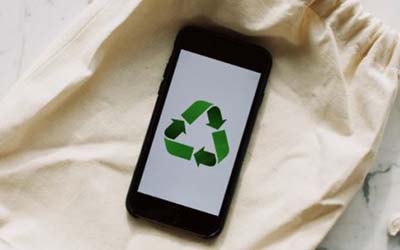
unemployment benefit programs extended for Michigan workers
Federal legislation extends unemployment benefit programs for Michigan workers
March 17, 2021
Media Contact: Lynda Robinson, 313-348-8220
A COVID-19 stimulus bill signed into law by President Biden continues federal unemployment insurance programs which were set to expire on March 13, 2021.
Individuals with claims of any type should continue to certify as usual. Most claimants will not experience a gap in benefits as long as they remain eligible and continue to certify.
Unemployment provisions under the federal American Rescue Plan are extended from March 13 – Sept. 4, 2021:
- Pandemic Unemployment Assistance (PUA), which provides coverage to the self-employed, gig workers and others in non-traditional employment.
- Pandemic Emergency Unemployment Compensation Program (PEUC), which provides additional weeks of benefits to those who exhaust their regular state benefits.
- Pandemic Unemployment Compensation (PUC), which provides all unemployment recipients with an additional $300 per week.
- Mixed Earners Unemployment Compensation (MEUC), which provides an additional $100 per week to claimants on some benefits programs who have self-employment income of at least $5,000.
The relief package also includes the extension of 100% federal financing for the use of the Work Share program.
“Continuation of these federal benefit programs will provide some financial breathing room to Michigan workers as we continue to fight the effects of COVID-19,” said Liza Estlund Olson, acting director of the Unemployment Insurance Agency. “Because this legislation extends the current federal programs, we expect to be able to implement the changes without a delay in payments.”
Expanded PUA eligibility available:
In late February, the U.S. Dept. of Labor issued guidance expanding PUA eligibility to include three COVID-19 related reasons under which an individual may self-certify. The additional reasons address circumstances when an individual is directly affected by COVID-19 including:
- Individuals who refuse to return to work that is unsafe or to accept an offer of new work that is unsafe (meaning it is not in compliance with local, state or national health and safety standards directly related to COVID-19).
- Certain individuals who provide services to educational institutions or educational service agencies and are fully or partially unemployed as a direct result of COVID-19
- Individuals experiencing a reduction of hours or a temporary or permanent layoff as a direct result of COVID-19.
The additional eligibility provisions apply retroactively to the beginning of the PUA program for those who filed before Dec. 27, 2020. For those who filed after Dec. 27, it is retroactive to Dec. 6, 2020.
Claimants who were previously denied PUA benefits will be notified with details on the new provisions and how to reapply for PUA benefits. Other state assistance programs are available for Michiganders who need assistance with making ends meet. Through the Michigan Department of Health and Human Services MI Bridges program, claimants can apply for healthcare coverage, food and cash assistance and more. MI Bridges also lists helpful state and local resources.
Resources for jobseekers, including training, workshops, access to job fairs and more are available through local Michigan Works! service centers. Call 800-285-WORKS or visit MichiganWorks.org
For more information on unemployment programs, visit Michigan.gov/UIA.






